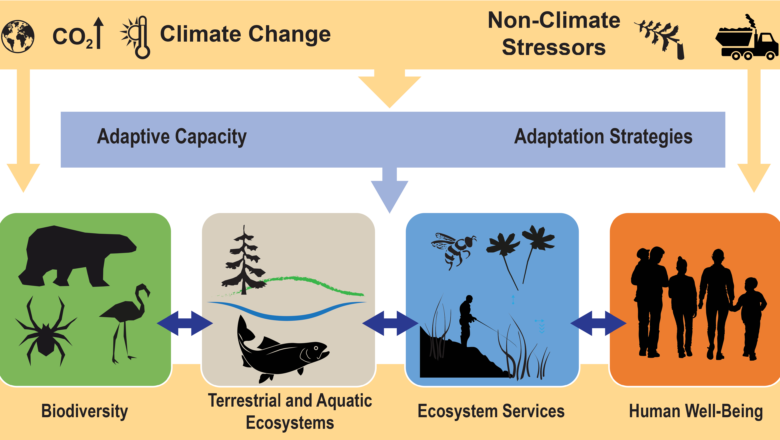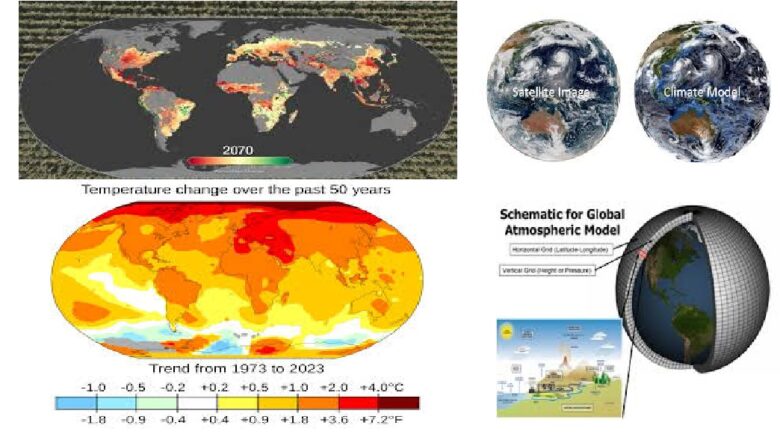
New Data Shows Climate Adaptation Urgent as Cities Face Rising Hazards Amid Warming
With over two-thirds of the world's population expected to live in cities by 2050, new data from the World Resources Institute (WRI) reveals the stark challenges urban areas will face due to climate change. The analysis, focused on the 1,000 largest cities globally, highlights the growing threats from extreme heat, disease, and energy demand, with low-income regions particularly vulnerable.
Under a scenario of 3 degrees Celsius (5.4 degrees Fahrenheit) of warming above pre-industrial levels, cities could endure significantly longer and more frequent heat waves compared to 1.5 degrees Celsius (2.7 degrees Fahrenheit) of warming. This would trigger skyrocketing demand for cooling and heighten risks from diseases such as dengue and Zika. The report underscores the urgent need for climate a...



